Photographs: Ezra Katz/Wikimedia Commons
We often cannot explain why one person develops cancer and another does not, but there are several contributing factors that can significantly raise the risk of developing the disease.
Many of the risk factors involving cancer that you'll read about in the following pages can be avoided, while others, such as family history, cannot.
Several factors, such as environmental ones, may act together and cause normal cells to become cancerous. We can help protect ourselves by staying away from known risk factors whenever possible.
Age
People of all ages, including children, can get cancer. But most cases of the disease occur in those over the age of 65.
Tobacco
Photographs: Wikimedia Commons
Tobacco use is the most preventable cause of death.
Using tobacco products, or regularly being around tobacco smoke -- environmental and passive smoking -- increases the risk of cancer. Those exposed can develop cancer of the lungs, larynx, mouth, esophagus, bladder, kidney, throat, stomach, pancreas, blood or cervix.
Radiation
Photographs: Wikimedia Commons
- Sunlight: Ultraviolet (UV) radiation comes from the sun, sunlamps and tanning booths. It causes early aging of the skin and skin damage that can lead to skin cancer.
- Ionising Radiation: Ionising radiation can cause cell damage that leads to cancer. We are exposed to it from cosmic rays that are radioactive particles from outer space, radioactive fallout, radon gas, x-rays and other sources, such as accidents at nuclear power plants or from the production, testing, or use of atomic weapons. Leukemia and cancers of the thyroid, breast, lung, and stomach are particularly associated with ionising radiation.
- Medical procedures are a common source of radiation: The risk from radiation therapy is slightly higher.
Chemical substances
Photographs: Aarchiba at en.wikipedia/Wikimedia Commons
People who have certain jobs (such as painters, construction workers and those in the chemical industry) have an increased risk of cancer.
Exposure to asbestos, benzene, Benzedrine, cadmium, nickel, or vinyl chloride in the workplace can lead to the disease.
Organisms and infections
Photographs: CDC Public Health Image Library/Wikimedia Commons
Certain viruses and bacteria are associated with an increased incidence of cancer. Infections that raise your risk of the disease include:
- Human papilloma viruses (HPVs)
- Hepatitis B and Hepatitis C viruses
- Human T-cell leukemia/lymphoma virus (HTLV-1)
- Human immunodeficiency virus (HIV)
- Epstein-Barr virus (EBV)
- Human herpes virus 8 (HHV8)
- Helicobacter pylori
Hormones
Photographs: Wilfredo Rodriguez/Wikimedia Commons
The hormones estrogen and progestin can increase the risk of breast cancer, heart attack, stroke or blood clots.
Family history
Photographs: User:Kontos/Wikimedia Commons
Most cancers develop because of changes (mutations) in genes.
It is uncommon for cancer to run in a family. However, certain types of cancer do occur more often in some families than in the rest of the population. For example, melanoma and cancers of the breast, ovary, prostate and colon sometimes run in families.
Alcohol
Photographs: Hephaestos at en.wikipedia/Wikimedia Commons
Having more than two drinks a day for several years may increase the chance of developing cancers of the mouth, throat, esophagus, larynx, liver and breast.
Diet and activity
Photographs: http://www.nal.usda.gov/fnic/Fpyr/pyramid.gif/Wikimedia Commons
People who have a poor diet, do not indulge in enough physical activity, or are overweight may be at an increased risk of several types of cancer -- of the colon, uterus and prostate.
Lack of physical activity and being overweight are also risk factors for cancers of the breast, colon, esophagus, kidney and uterus.



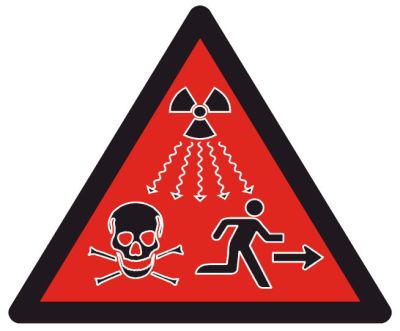
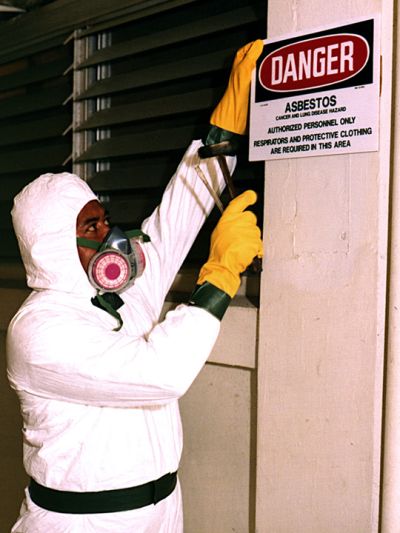
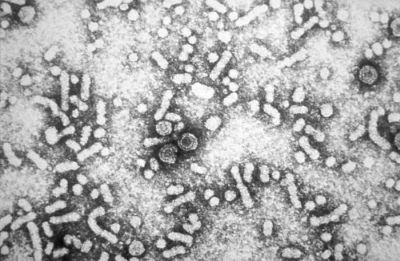
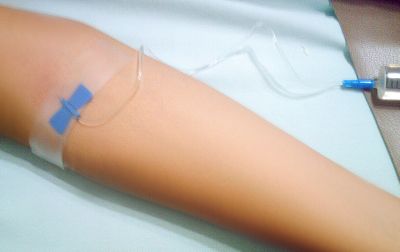
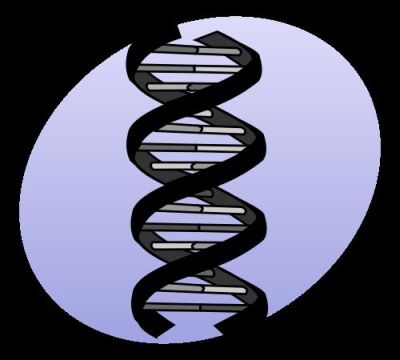

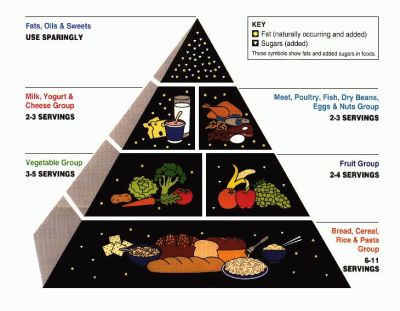

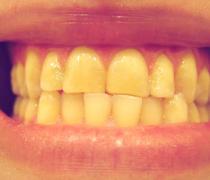




More from rediff